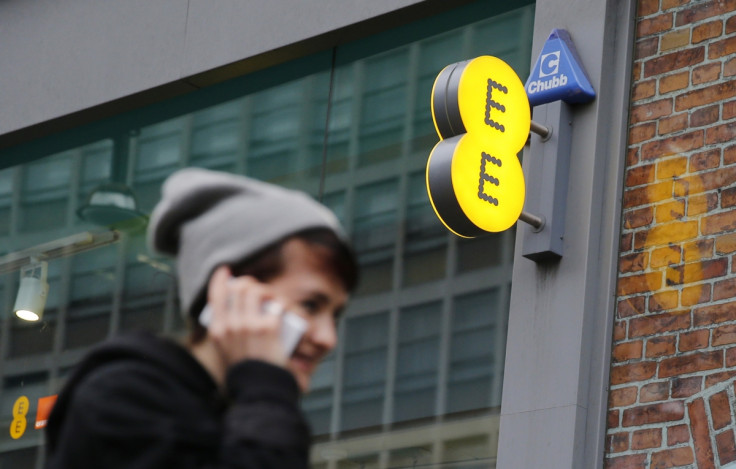BT owned mobile operator EE pledges 4G access to 95% of UK by 2020

EE, the BT-owned mobile operator, will increase its 4G services which are currently accessible across 60% of the UK to 95% of the country by 2020. Marc Allera, chief executive at EE, who took the lead role following the BT takeover, said the 4G expansion project would "go further than any operator has ever gone, with the aim of covering the whole of the UK with 4G. There's no doubt being part of a large group gives us scale and long term surety over our investments".
The expansion plan is part of a larger £1bn (€1.28bn, $1.44bn) investment plan aimed at improving both the company's network and its customer service. The pledge follows EE's deal with the UK government in 2015 to replace the Airwave radio network, a mobile communications network used by Great Britain's emergency services. It had then promised to do it by eradicating "not-spots", an area where there is no broadband internet or 3G mobile phone coverage or where it is extremely slow and unreliable.
At the time of making the current coverage pledge, Allera said the company, in an effort to improve customer service, planned to bring its call centres that are currently outsourced to India back to the UK by end of 2016. This is expected to create 600 new jobs in call centres across Plymouth, South Wales and North Tyneside.
EE's peers such as Vodafone, O2 and Three had earlier said the government's planning rules were very slow. They said this had prevented them from setting up the infrastructure required to increase their coverage, such as new mobile masts, which are typically tall structures designed to support antennas for telecommunications and broadcasting.
However, EE said its pledge will be implemented irrespective of the government's reforms relating to the way the mobile masts are built or maintained. However, Allera said: "Reform that gets us access to sites and stops landlords paying ransom rents would certainly help."
© Copyright IBTimes 2025. All rights reserved.





















